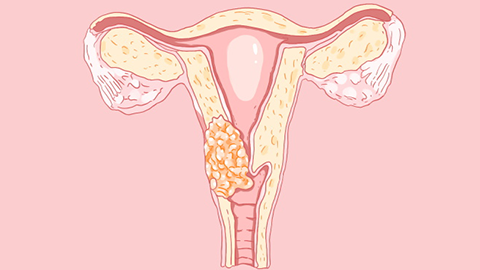Is laser therapy required for cervical lesions?
Generally, laser therapy may be required for cervical lesions that are low-grade, localized, and in cases where fertility preservation is desired. However, if the lesion is high-grade or cervical cancer has been diagnosed, laser therapy is not recommended. If there are any concerns, it is advisable to seek consultation at a reputable hospital in advance. Detailed analysis is as follows:

When cervical lesions are at a low grade and the affected area is relatively small, and the patient wishes to preserve her fertility, laser therapy can be considered. Laser treatment uses high temperatures to destroy abnormal tissue, causing low-grade, localized lesions to necrose and shed. Subsequently, healthy epithelial tissue will repair the affected area. This method is minimally invasive and aims to minimize impact on the normal structure and function of the cervix, helping preserve fertility and achieving good therapeutic outcomes.
If cervical lesions have progressed to high-grade squamous intraepithelial lesions with extensive involvement, or if cervical cancer has been diagnosed, laser therapy is not advised. High-grade lesions carry a high risk of malignancy, and laser treatment may not completely eradicate extensive lesions, leading to possible recurrence. Cervical cancer is a malignant disease, and laser therapy cannot provide a definitive cure.
In addition, if patients have severe systemic diseases making them unable to tolerate the trauma caused by laser treatment, or if there is acute genital tract inflammation present, laser therapy might cause the inflammation to spread. In such cases, laser therapy is also not recommended, and patients should follow their doctors' advice to consider alternative treatment options such as surgery, radiotherapy, or chemotherapy.







